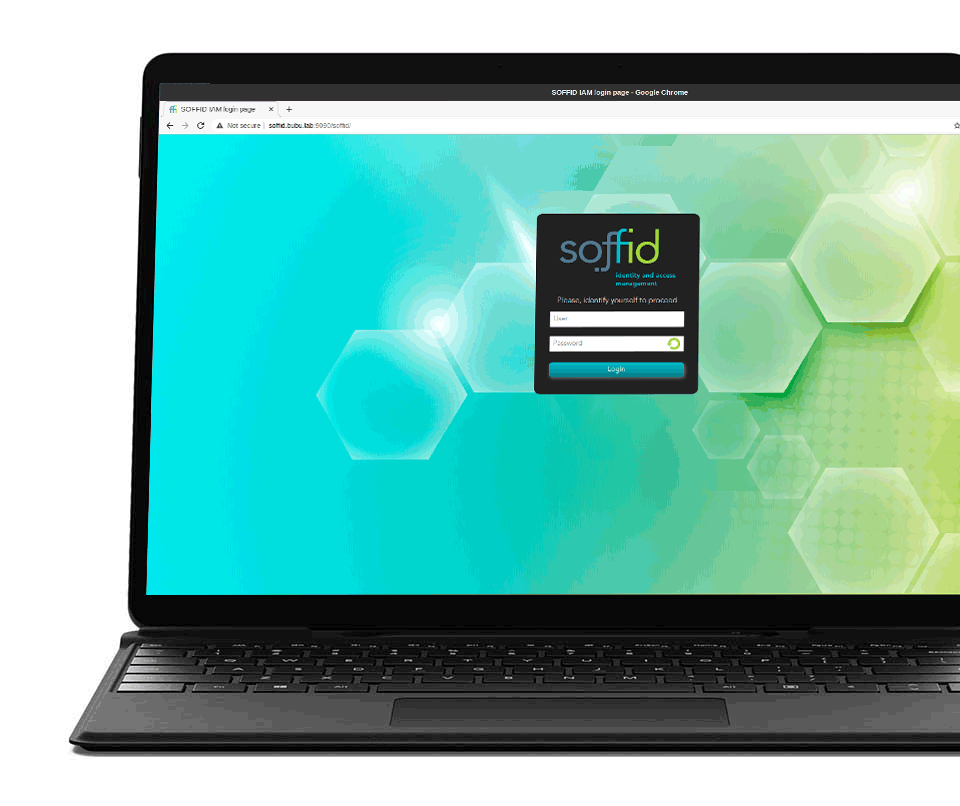Fortifying Your Digital Fortress: Exploring IAM
Cuerpo
Building a stronger digital fortress for your company is necessary in an age of increasing cyber threats and strict regulations. This examination of IAM goes deeply into the methods and approaches intended to safeguard digital identities, uphold access restrictions, and lessen security threats. Organisations can fortify their defences, increase resilience against cyberattacks, and preserve trust in a digital world that is becoming more interconnected by comprehending and putting IAM principles into practice.
Overview: Handling Identity and Access Management's Complexities (IAM)
Ensuring the security of organisationalopprortunities is vital in the current digital landscape, where data breaches and cyber threats are general. In this effort, Identity and Access Management (IAM) becomes necessary since it offers a structure for controlling user identities, enforcing access restrictions, and protecting private data. Let us examine the essential ideas and approaches in Identity and Access Management (IAM) that enterprises must grasp to enhance their security stance.

IAM Solutions: Security Building Blocks
To manage digital identities and restrict access to resources, IAM solutions use a variety of technologies and procedures. To guarantee safe access to systems, apps, and data, these solutions provide audit capabilities, centralised identity management, authorization policies, and authentication methods.
Safeguarding the Kingdom's Keys with Digital Identity Security
IAM is centred on digital identity security. It entails user identity verification and making sure that sensitive instruction is only accessed by those who are authorized.
Protecting Network Opportunities with Network Access Control
IAM relies heavily on Network Access Control (NAC), which controls network resource access by enforcing security policies. Only compliant and authorised entities are able to connect to critical systems and data repositories thanks to NAC solutions, which authenticate users and devices before allowing access to the network.
Password Self-Service: Increasing User Control and Strengthening Security
For many organisations, managing passwords is a problem that frequently results in security flaws and additional support costs. Password Self-Service (PSS) systems give users the autonomy to handle their passwords; they let users reset lost passwords and unlock accounts without help from IT.
Identity Governance: Sustaining Control and Conformity
To guarantee that access permissions are in compliance with organisational guidelines and legal obligations, identity governance, or IG, is crucial. Organisations can create, implement, and audit access policies, keep an eye on user behaviour, and identify and address access violations with the help of IG solutions. Organisations can preserve compliance, reduce risks, and guarantee accountability throughout the enterprise by putting identity governance practices into place.
SSO: Streamlining the Authentication Process
By enabling users to access various apps and systems using a single set of abilities, Single Sign-On (SSO) simplifies the authentication process. This minimizes the likelihood of password-related security incidents and reduces the number of passwords users require to remember, which not only enhances user expertise but also harden security.
SMEs' IAM Implementation: Overcoming Obstacles
Small and medium-sized businesses (SMEs) can feature from IAM's concepts and solutions, despite the fact that it is frequently linked with larger corporations. On the other hand, SMEs might encounter particular obstacles like scarce resources, financial limitations, and insufficient knowledge. It takes a customised strategy to Implementing IAM in SMEs, one that tackles these issues and guarantees efficient identity management, access control, and security.

Final Thought: Using IAM to Boost Security
Identity and Access Management (IAM) is necessary in today's more digitally associated and networked world to protect digital identities, preserve organizational opportunities, and reduce cyber threats. Organizations can streamline access management procedures, create strong security frameworks, and remain compliant with regulations by utilizing IAM solutions and best practices.










Comentarios